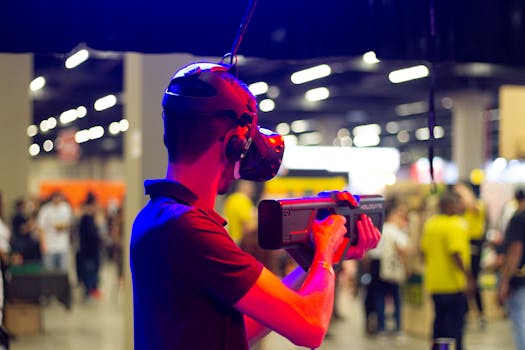
Table of Contents
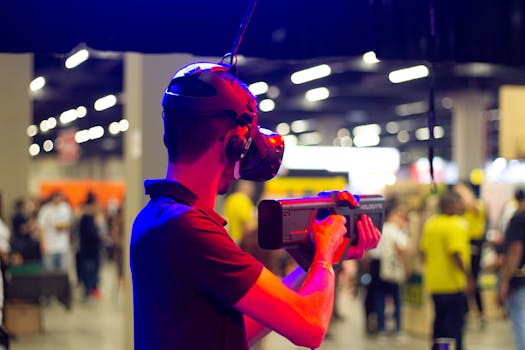
- 1. Smart Home Technology
- 2. Wearable Health Devices
- 3. AI Personal Assistants
- 4. Virtual Reality for Wellness
- 5. Sustainable Technologies
1. Smart Home Technology
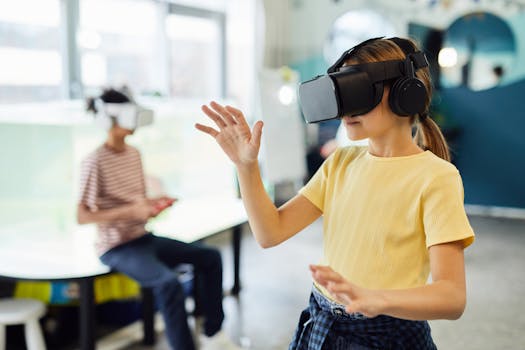
Smart home technology has revolutionized the way we interact with our living spaces. From smart thermostats that optimize energy use to advanced security systems that provide peace of mind, the benefits are undeniable. These technologies not only enhance convenience but also contribute to a healthier lifestyle by promoting energy efficiency and safety.
Innovative devices like smart speakers, smart lighting, and automated home systems allow homeowners to control their environment remotely or through voice commands, making everyday tasks simpler. For example, a smart thermostat can learn your schedule and adjust temperatures accordingly, ensuring comfort while reducing energy costs.
Moreover, smart home technology can significantly enhance home security. Systems equipped with cameras and motion detectors can alert homeowners of any suspicious activity, providing a safer living environment. Homeowners can monitor their properties in real-time from their smartphones, ensuring peace of mind whether they are at home or away.
As technology progresses, integration between devices becomes seamless, paving the way for a fully automated home. The future of smart homes promises even more advanced features, including predictive maintenance alerts and enhanced energy management, making life not just easier but also more sustainable.
2. Wearable Health Devices
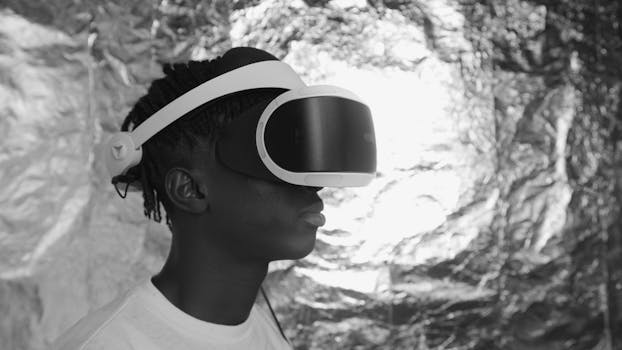
Wearable health devices have gained immense popularity in recent years, with smartwatches and fitness trackers leading the way. These devices are designed to monitor various health metrics, including heart rate, sleep patterns, and activity levels, providing users with valuable insights into their health and wellness.
With features like step tracking, calorie counting, and even ECG monitoring, wearables empower individuals to take charge of their health. Many devices sync with mobile applications, allowing users to analyze their data and set personalized fitness goals. This level of engagement encourages healthier habits and motivates users to stay active.
Furthermore, advancements in wearable technology are paving the way for more sophisticated health monitoring. For instance, some devices now offer blood oxygen saturation tracking and stress management features, enabling users to manage their overall well-being better.
The integration of wearable devices with telemedicine services has further enhanced their utility. Individuals can share health data with healthcare providers, enabling more informed medical decisions and personalized care plans. As the technology continues to evolve, the potential for wearables to positively impact health outcomes will only increase.
3. AI Personal Assistants
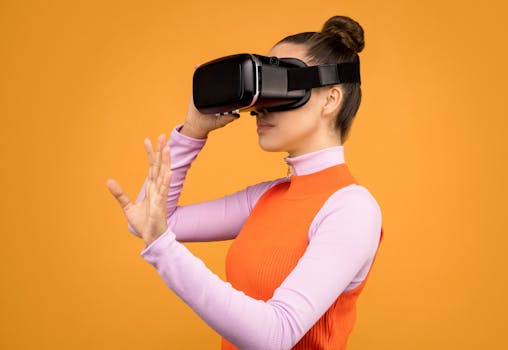
Artificial Intelligence (AI) personal assistants, such as Siri, Alexa, and Google Assistant, are becoming integral to our daily routines. These technologies simplify life by performing tasks ranging from setting reminders to controlling smart home devices.
AI personal assistants improve productivity by helping users manage their schedules and prioritize tasks. For instance, they can provide reminders for important appointments, suggest optimal routes for travel, or even help with grocery lists. This saves time and reduces the mental load of managing daily responsibilities.
Additionally, AI assistants can enhance overall well-being by providing personalized recommendations for exercise, nutrition, and relaxation techniques. Their ability to learn user preferences allows them to offer tailored advice that can significantly improve lifestyle choices.
As voice recognition and natural language processing technologies advance, the capabilities of personal assistants will continue to grow, making them even more valuable in enhancing our lifestyles.
4. Virtual Reality for Wellness
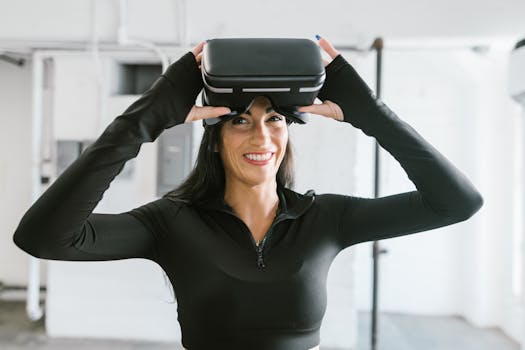
Virtual Reality (VR) is emerging as a powerful tool for enhancing mental health and well-being. Through immersive experiences, VR can transport users to tranquil environments, providing an escape from the stresses of daily life.
Therapeutic applications of VR include guided meditation, stress relief, and exposure therapy for anxiety disorders. By simulating relaxing scenarios, VR can help users practice mindfulness and relaxation techniques in a controlled environment.
Furthermore, VR fitness applications have gained traction, offering engaging workouts that blend entertainment with exercise. Users can participate in virtual classes, explore new environments, and compete with friends, making fitness more enjoyable and motivating.
As the technology matures, the potential for VR to play a role in health and wellness will expand, offering innovative solutions for mental and physical health challenges.
5. Sustainable Technologies
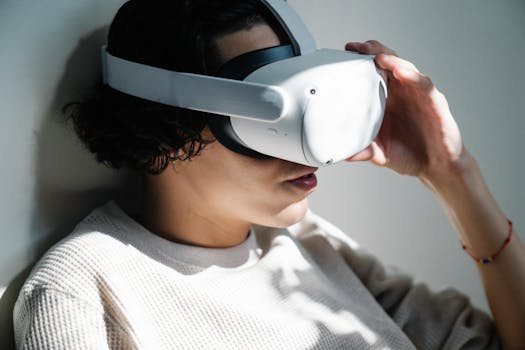
With increasing awareness of environmental issues, sustainable technologies are gaining prominence in improving lifestyle while also addressing ecological concerns. Innovations in renewable energy, waste reduction, and sustainable agriculture are shaping a more environmentally friendly future.
For instance, solar panels and energy-efficient appliances reduce energy consumption and lower utility bills, promoting a sustainable lifestyle. Additionally, smart irrigation systems help conserve water in agriculture, contributing to sustainable food production.
Technologies that promote recycling and waste management are also crucial. Apps that facilitate recycling education and services can help individuals make more environmentally friendly choices in their everyday lives.
As society embraces sustainability, the integration of these technologies into our lifestyles will lead not only to personal benefits but also to a healthier planet.







